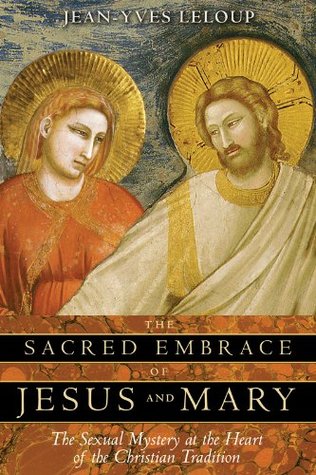Among the many texts of early Christianity, we might also consider the Pseudo-Clementine Homelies, Theodotus and Asclepius, which identify the Kingdom with the presence of the anthropos in a human individual, whether male or female.22 These texts also speak of the “inner Man” or “essential Man” (ontos Anthropos). For Jacques Ménard, the most relevant example seems to be the passage in the Pistis Sophia in which it is said that Miriam of Magdala feels this inner human in herself, and by identifying with it, understands everything.
Much of this process can be described as undoing the damage done to the individual by a damaged culture lacking wisdom. Our unhealthy attachments were as much foisted upon us as they were a result of unconscious or premature cognitive commitments to falsities. Once rid of falsities we become capable of seeing clearly.


